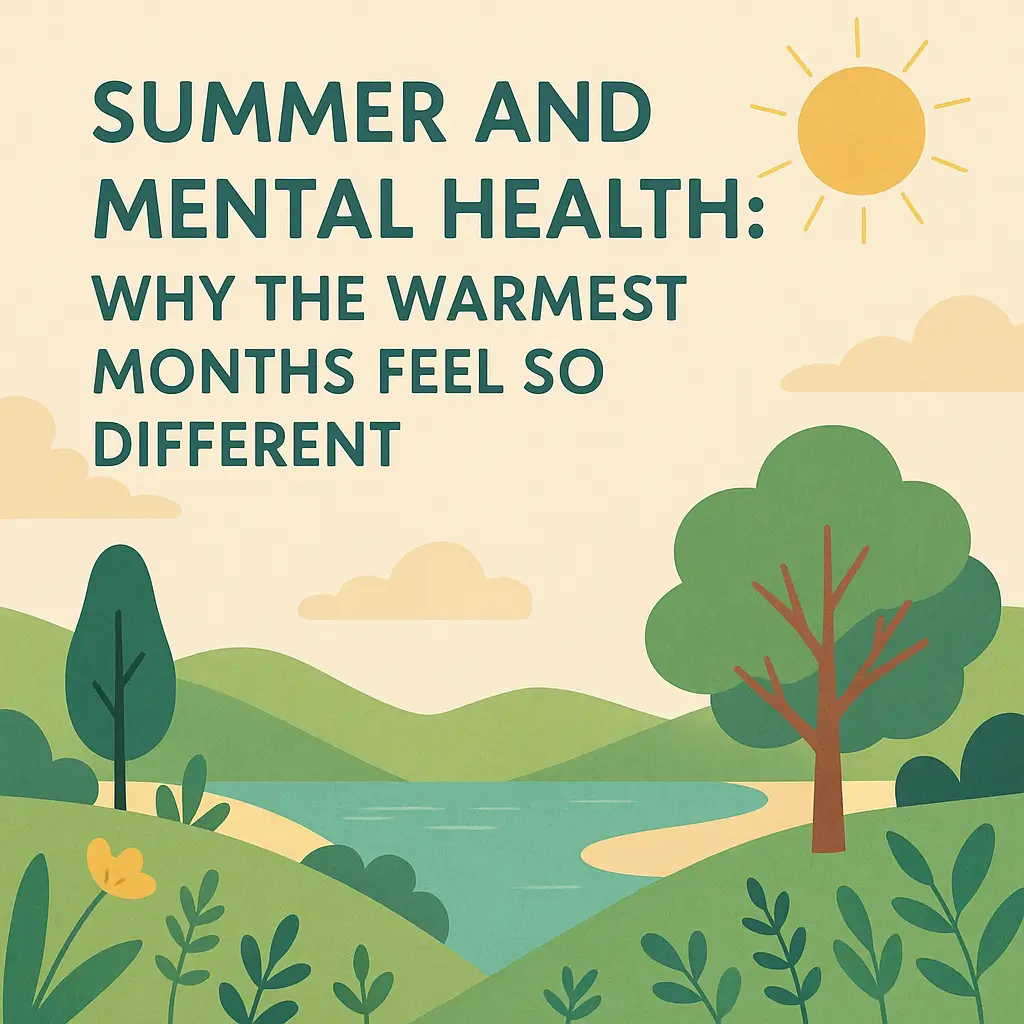Attention-Deficit/Hyperactivity Disorder (ADHD) is a neurodevelopmental disorder that affects millions of women worldwide. While commonly considered a disorder mostly affecting boys and men, research shows that women are just as likely to have ADHD as men. However, women with ADHD often face unique challenges, including misdiagnosis and a lack of recognition. In this article, we will explore the challenges women with ADHD face, recent research on the topic, and provide insights on how to find support.
Recent Research on ADHD in Women
Recent research has shed new light on ADHD in women, revealing important differences in symptomatology, diagnosis, and treatment. A study published in the Journal of Attention Disorders found that women with ADHD experience more emotional dysregulation, anxiety, and depression than men with ADHD. The study also found that women with ADHD may be less likely to be diagnosed, leading to a lack of appropriate treatment and support.
Another study published in the Journal of Child Psychology and Psychiatry found that girls with ADHD are more likely to experience rejection, victimization, and peer exclusion than boys with ADHD. This can lead to increased social isolation and difficulty forming healthy relationships, exacerbating the impact of ADHD on their lives.
The Impact of ADHD on Women’s Lives
The impact of ADHD on a woman’s life can be significant, affecting many areas of her life, including her relationships, education, and employment. Women with ADHD may struggle to manage their time effectively, stay organized, and complete tasks. They may also experience difficulty with social interactions, leading to isolation and feelings of inadequacy.
In relationships, women with ADHD may struggle with communication, emotional regulation, and conflict resolution. These challenges can lead to misunderstandings and difficulty in forming and maintaining healthy relationships. In the workplace, women with ADHD may struggle to meet deadlines and stay focused, leading to underachievement or job loss.
Finding Support for Women with ADHD
If you are a woman with ADHD, knowing that you are not alone is important. Many resources and support groups are available to help you manage your symptoms and thrive personally and professionally.
One of the first steps to finding support is to seek a diagnosis from a healthcare professional specializing in ADHD. A proper diagnosis can help you understand your symptoms and develop a personalized treatment plan that may include medication, therapy, or other interventions.
Support groups can also be a valuable resource for women with ADHD. These groups provide a safe and supportive environment for women to share their experiences, learn from others, and develop coping strategies. Many support groups are available online, making connecting with others from the comfort of your home easy.
In addition to seeking professional help and joining a support group, there are many other strategies women with ADHD can use to manage their symptoms. These strategies include:
- Creating a daily routine and sticking to it
- Breaking tasks into smaller, more manageable steps
- Using technology to stay organized, such as calendars and reminders
- Practicing mindfulness and meditation to reduce stress and improve focus
- Getting regular exercise and plenty of sleep
Difficulties Maintaining Relationships
Women with ADHD may also experience relationship challenges due to their symptoms. Research has shown that women with ADHD may struggle with emotional regulation, communication, and conflict resolution in their intimate relationships. They may have difficulty listening and staying present in conversations, leading to misunderstandings and hurt feelings. Additionally, they may struggle with impulsivity and emotional reactivity, leading to conflict and tension. These challenges can put a strain on their relationships, leading to feelings of frustration and isolation. It is important for women with ADHD to seek support and develop strategies to manage their relationship symptoms, such as couples therapy or communication skills training.
Psychotherapy and Psychoeducation for Women with ADHD
Psychotherapy can be a valuable tool for women with ADHD in managing their symptoms and improving their overall quality of life. Cognitive-behavioural therapy (CBT) is a common form of psychotherapy effective in treating ADHD in women. CBT focuses on identifying and changing negative thought patterns and behaviours contributing to ADHD symptoms. This can include teaching women with ADHD to identify their triggers and develop strategies for managing their symptoms, such as setting goals and developing a routine. CBT can also help women with ADHD address any underlying emotional issues, such as anxiety or depression, which may exacerbate their symptoms.
In addition to CBT, other forms of psychotherapy may also be helpful for women with ADHD. Interpersonal therapy (IPT) can benefit women with ADHD who struggle with relationship issues, such as social isolation or conflict in their personal or professional lives. Family therapy can also be useful for women with ADHD who have children, as it can help them develop effective parenting strategies and improve communication with their families. Overall, psychotherapy can provide women with ADHD with a safe and supportive environment to explore their emotions, develop coping strategies, and improve their overall quality of life.
Learning skills for executive functions can be an effective way for women with ADHD to manage their symptoms and improve their daily lives. Executive functions are cognitive processes that help individuals plan, organize and complete tasks. Women with ADHD may struggle with executive functions, leading to difficulty with time management, prioritization, and organization. However, research has shown that executive functions can be improved with targeted interventions, such as cognitive training programs. These programs focus on developing skills such as working memory, attention control, and cognitive flexibility, which can improve overall executive functioning. Additionally, lifestyle changes such as regular exercise, healthy eating, and stress management can support better executive functioning. By improving their executive functions, women with ADHD can better manage their symptoms and improve their daily lives.















